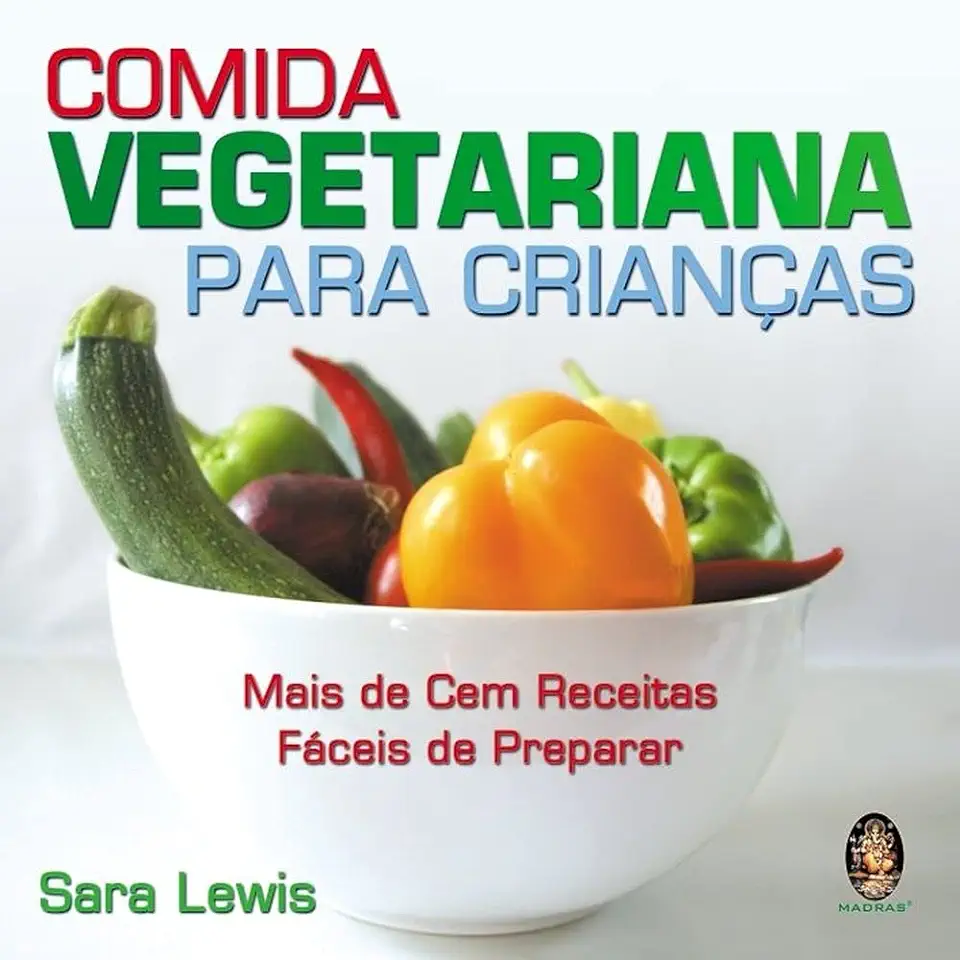
Vegetarian Food for Kids - Sara Lewis
Vegetarian Food for Kids: A Comprehensive Guide to Raising Healthy, Happy Vegetarian Children
Introduction
In today's world, more and more parents are choosing to raise their children as vegetarians. There are many reasons for this, including ethical concerns about the treatment of animals, environmental concerns about the impact of meat production on the planet, and health concerns about the consumption of animal products.
If you're one of these parents, you may be wondering how to ensure that your child is getting all the nutrients they need to grow and develop properly. Vegetarian Food for Kids is the ultimate resource for parents of vegetarian children. This comprehensive guide provides everything you need to know about raising a healthy, happy vegetarian child, from birth through adolescence.
Benefits of a Vegetarian Diet for Kids
There are many benefits to raising a vegetarian child. Some of the benefits include:
- Reduced risk of chronic diseases: Vegetarian children are less likely to develop chronic diseases such as heart disease, stroke, type 2 diabetes, and some types of cancer.
- Improved weight management: Vegetarian children tend to have lower body weights than meat-eating children. This is because plant-based foods are generally lower in calories and fat than animal-based foods.
- Better nutrient intake: Vegetarian children often have higher intakes of fruits, vegetables, and whole grains than meat-eating children. This is because plant-based foods are packed with nutrients, including vitamins, minerals, and fiber.
- Reduced environmental impact: Raising a vegetarian child can help to reduce your family's environmental impact. Meat production is a major contributor to greenhouse gas emissions, water pollution, and deforestation. By choosing to eat a plant-based diet, you can help to reduce your family's contribution to these problems.
How to Raise a Healthy Vegetarian Child
Raising a healthy vegetarian child is not as difficult as you might think. Here are a few tips to help you get started:
- Make sure your child is getting enough protein. Protein is essential for growth and development. Vegetarian children can get protein from a variety of plant-based sources, such as beans, lentils, nuts, seeds, and whole grains.
- Offer your child a variety of fruits and vegetables. Fruits and vegetables are packed with vitamins, minerals, and fiber. They are essential for a healthy diet for children of all ages.
- Choose whole grains over refined grains. Whole grains are a good source of fiber, vitamins, and minerals. They can help to keep your child feeling full and satisfied.
- Limit unhealthy fats. Unhealthy fats, such as saturated and trans fats, can increase your child's risk of chronic diseases. Limit your child's intake of these fats by choosing lean protein sources, avoiding processed foods, and cooking with healthy oils.
- Encourage your child to drink plenty of water. Water is essential for good health. Make sure your child is drinking plenty of water throughout the day.
Vegetarian Recipes for Kids
If you're looking for some delicious and nutritious vegetarian recipes for your kids, look no further! Vegetarian Food for Kids includes over 100 recipes that are sure to please even the pickiest eaters. Some of our favorite recipes include:
- Veggie burgers
- Lentil soup
- Black bean tacos
- Baked tofu
- Fruit salad
Conclusion
Raising a healthy vegetarian child is a rewarding experience. By following the tips in this guide, you can help your child to grow and develop into a healthy, happy adult.